LOST LINDENBERG - New Guest Collective on Bali's West Coast
Driving along Bali's coast, among buzzing motorbikes, street food stalls and palm forests with crashing waves, is captivating. Upon arriving in Pecatu, a quiet village road lined with temples and frangipani leads to a clearing where, seemingly out of nowhere, a large brightly lit wall of neon signs advertising resort pleasures appears in giant letters. It would look more fitting in Las Vegas than on Bali. There is a small secret door built into the wall, so modest you might miss it easily. Open it and enter an abundance of greenery; a narrow path cuts through tropical plants leading to a landscape of wooden cabins. We are at LOST LINDENBERG, a new guest collective completely detached from Bali's noisy mass tourism.
Surfing at sunrise on pristine black lava sand; enjoying tranquility in spacious common areas; practicing yoga under a pergola; dinner on the beach, coconut self-sacrifice in a turquoise pool or aromatic jungle massage; evenings — exquisite plant-based dinners at the restaurant and sharing stories.
Since July 15, 2022, all this will be possible at LOST LINDENBERG, the fifth project and first in Indonesia from the young hospitality company LINDENBERG from Frankfurt. Like previous concepts, LOST LINDENBERG emphasizes collective guest experiences by inviting them to spend time together in the hotel's common areas. Relaxation is possible in each of the eight carefully designed rooms, located high among trees in Bali's western palm jungle on a long and clean, shimmering black lava sand beach.
"The inspiration for this concept was the magic, sweet warm melancholy of the place, black lava sand and stunning waves. Not just another rattan romantic hotel for newlyweds but a determination to settle by wild ocean water, embrace surfing and at the same time satisfy the desire for urban life. LOST was born by accident and became a place we feel as our new home, for us and anyone who wants to join." (Deniz Omurka, Managing Director of LINDENBERG).
LOCATION
LOST LINDENBERG is part of the Pecatu community, a small Hindu village on Bali's west coast that remains largely untouched by tourists. A hidden residence among temples, subordinate to nature and sacred spirits — just one stone's throw from the famous surfing spot Medewi.
ROOMS
A total of eight rooms in two types. Guests can see the waves from each cabin, but two Ocean Panoramic Suites at the front row open directly to the sea; six Jungle Panoramic Suites offer views of the jungle and temples. 45 m² suites are fully furnished with modern art, sustainable bedding, handmade ceramics from Bali, air conditioning and spacious bathrooms. SURF house for the longest wave section of Bali — Medewi — attracts surfers of all levels, and surfing is an integral part of staying at LOST. Each room includes access to a private beach — a little-known surf spot, included in the room rate. Boards are made on-site together with Pyzel Surfboards and available for rent.
RESTAURANT AND BAR
A solid, seven-meter wooden table where guests meet for conversations and exquisite dinners is the heart of LOST LINDENBERG. The kitchen reflects nature with seasonal and local flavors, offering a plant-based Balinese menu influenced by Western tastes. All ingredients are grown on-site or sourced from nearby organic permaculture farms. Choose from homemade granola, tropical fruits and coconut toast for breakfast, or exquisite dishes with rice and a variety of spicy sambals (chili pastes) for dinner. The pool bar offers classic long drinks, local kombucha and seasonal cocktails.
SPA
A small spa is nestled in the jungle of LOST. Built in the style of gladak, traditional wooden houses used for storing harvests, this place is a sanctuary. Balinese massages relieve tension from surfing; treatments are inspired by local rituals and aromatherapy, filling the spa with scents of chamomile, lavender, lime grass and bergamot.
ARCHITECTURE
Alexis Dornier and Studio Jencquel are responsible for the architecture of LOST. "The main idea was to create an unusual, dreamy experience among the mysterious jungle. We presented spaces and paths high above ground level. Built next to tall palms, stepped towers offer a sea view from the front. The towers are connected by what we call the high-line road leading to the sea. We wanted to give a feeling of walking in another world, resting on a floating ship high and safely with wild forest at the threshold. Clustered close together, the towers form a conditional village among trees, a small floating community. LOST was designed with great attention to detail, featuring examples of traditional contrast and exaggeration. The dominant material is sustainably sourced wood in various patterns and directions, floors are covered with Bali green stone, and copper is used as an accent throughout the composition. With LOST we are in a world of dreams, where between fantasy and reality." (Alexis Dornier).
INTERIOR
The interior concept, as well as additional architectural elements were designed by Studio Jencquel. "The interiors are warm and cozy, almost as if they want to embrace us, integrating textile materials, lava stone, tropical timber, fired teak and river stones. Colors and materials are locally sourced. Wooden shutters in the bathrooms blur the boundary between inside and outside, allowing sea breeze to enter while protecting from hot sun. Panoramic windows offer views of boats passing on the horizon. Furniture, lamps, ceramic tableware and almost all accessories in this project were specially made by Studio Jencquel. The theme of melancholy and darkness is perceptible everywhere: a neon wound in my sweet melancholy." (Max Jencquel, Studio Jencquel).
LANDSCAPE DESIGN
"Landscape design is a continuation of the architectural foundation (or vice versa). The high-line road connecting the towers is actually an extension of a path beginning in the garden, passing through buildings and ending on the black lava sand beach. The trail starts at the entrance, passing by a neon installation, and leads us first through a tropical forest. The plant diversity here is immense: heliconias, ferns, Bodhi trees, banana trees, Banyan trees, Madapahita trees, Baobabs, Puli trees, bromeliads and more. Within the forest we encounter moments such as a mossy boulder, a meditation bench near the shrine, a closed garden where guests can listen and read poetry by Arthur Beckett, and an enormous Puli tree in the center. Beyond the forest, the path continues to grassy fields, a large area adjacent to the reception that stretches halfway across the property and contains every kind of grass available on Bali. The landscape changes as you move from one zone to another, and rainwater is directed into ditches made of river stones resembling streams (or rivers during rainfall). There's a sacred spring, with a large, carefully placed river stone between two lava stone temples. The 'night girls' and fragrant flowers are planted abundantly around dining areas and lounging zones. The tree-towers are planted next to tall buildings to reduce their size slightly. Finally, a hidden trail leads to the beach through a pandanus forest." (Max Jencquel, Studio Jencquel).
ART
Curation and use of artworks is an important part of all LINDENBERG concepts. Art at LOST LINDENBERG plays with an eclectic mix of Indonesian tradition, nature and urban life. For this purpose, the LINDENBERG team gathered local Indonesian antiques from all periods such as vases, baskets and statues. These contrast with contemporary photographs by artists like Indonesian photographer Prabowo and British photographer Anya Collins. In the entrance area, a dense tropical forest is interrupted by a neon installation by renowned Frankfurt artist and Golden Lion winner Tobias Rehberger. "A stunning collection of colorful messages represents a noisy world that most visitors want to escape from and did not expect to find here in the jungle on Bali's west coast. My installation is a threshold, the last almost ritual farewell to noise and hustle that visitors can literally leave behind by opening the secret door in the wall and walking through it into the peaceful realm of LOST LINDENBERG." (Tobias Rehberger, Artist).
ENVIRONMENTAL AND SOCIAL RESPONSIBILITY
LOST LINDENBERG operates as sustainably as possible, with minimal waste. Solar panels power the facility, fruits and vegetables from LOST's own permaculture are used in the restaurant. All products such as soap and toilet paper are produced regionally and ethically; trash is collected during weekly beach cleanups; the restaurant, like all LINDENBERG projects, is fully plant-based (no animal products). To contribute to the local community, LINDENBERG founded LOST BUNCH, an educational program with local surfers that supports, inspires and opens new opportunities for children and young people from Medewi. Many of these youth are passionate about surfing but lack access to educational institutions. The program combines surf lessons with classes in subjects like English, sustainable development and hospitality, hoping to open up more opportunities for them in the future. Additional information: @lostbunch
-Project description and images provided by Alexis Dornier
Need a renovation specialist?
Find verified professionals for any repair or construction job. Post your request and get offers from local experts.
You may also like
More articles:
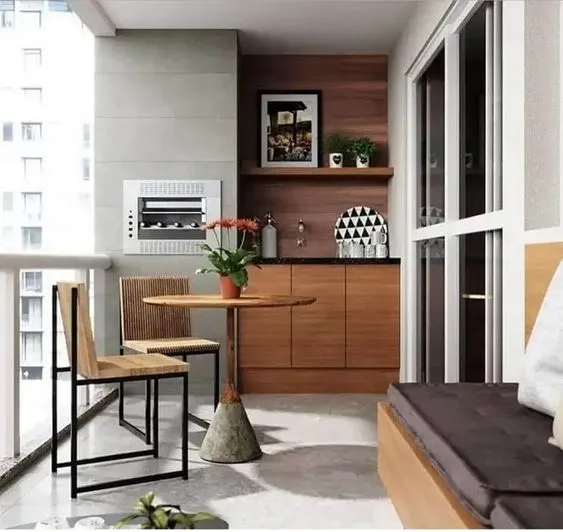 Large Gastronomic Balcony: Ideas and Projects with Photos
Large Gastronomic Balcony: Ideas and Projects with Photos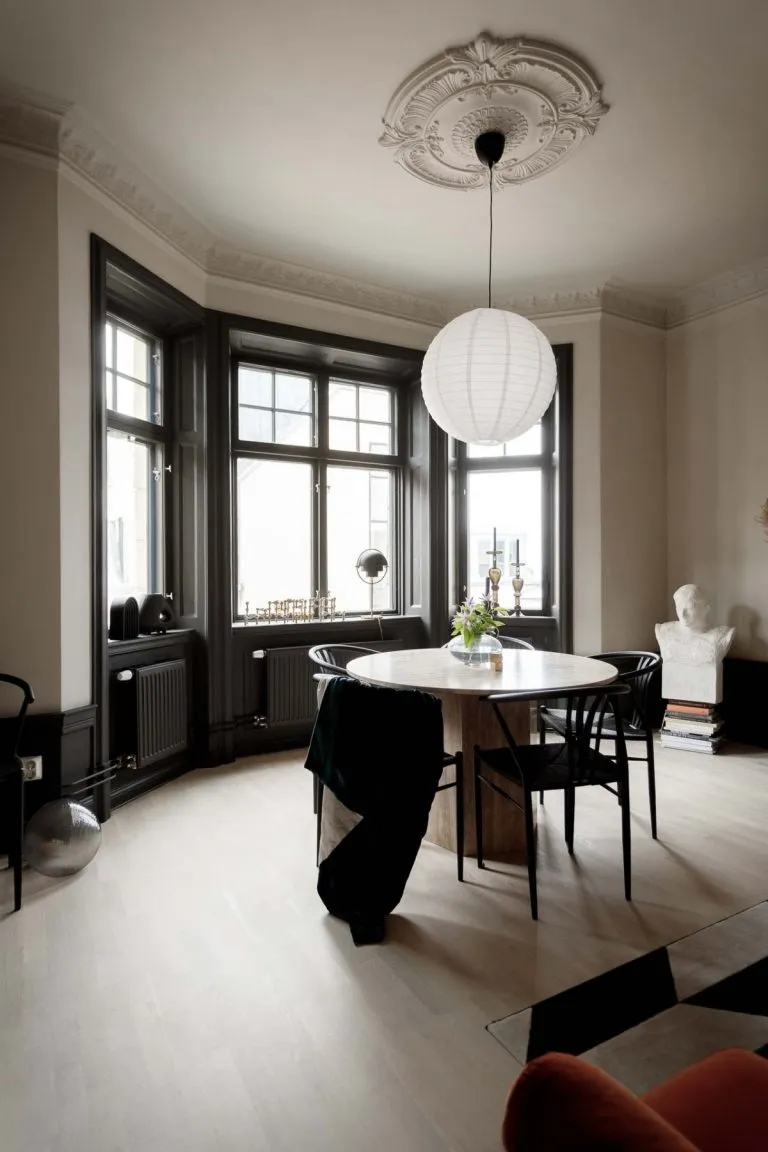 Large Windows with Black and White Frames
Large Windows with Black and White Frames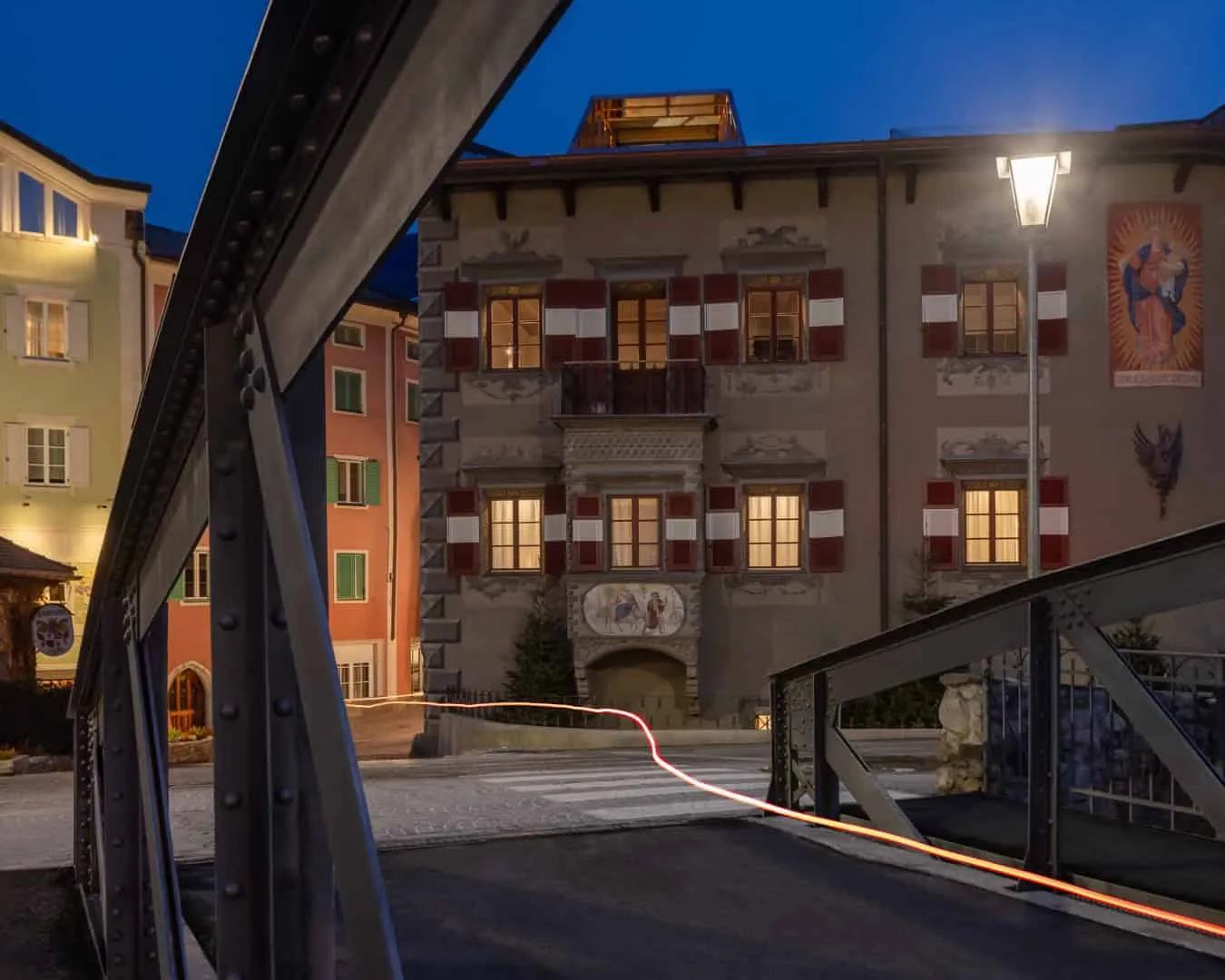 Lasserhaus | Vudafieri-Saverino Partners | South Tyrol, Italy
Lasserhaus | Vudafieri-Saverino Partners | South Tyrol, Italy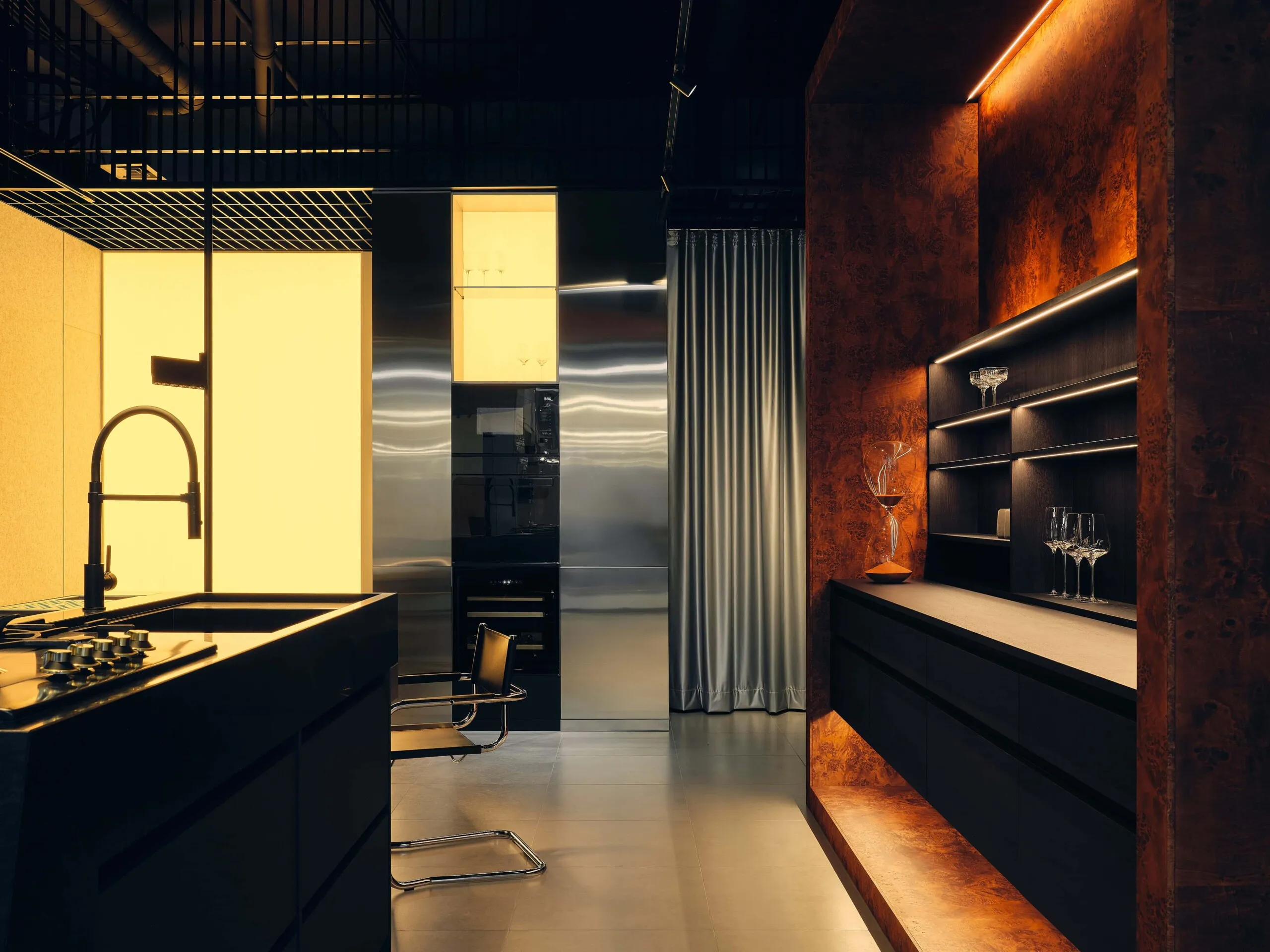 LAU Showroom by Raimer Büro: Silence as a Design Statement
LAU Showroom by Raimer Büro: Silence as a Design Statement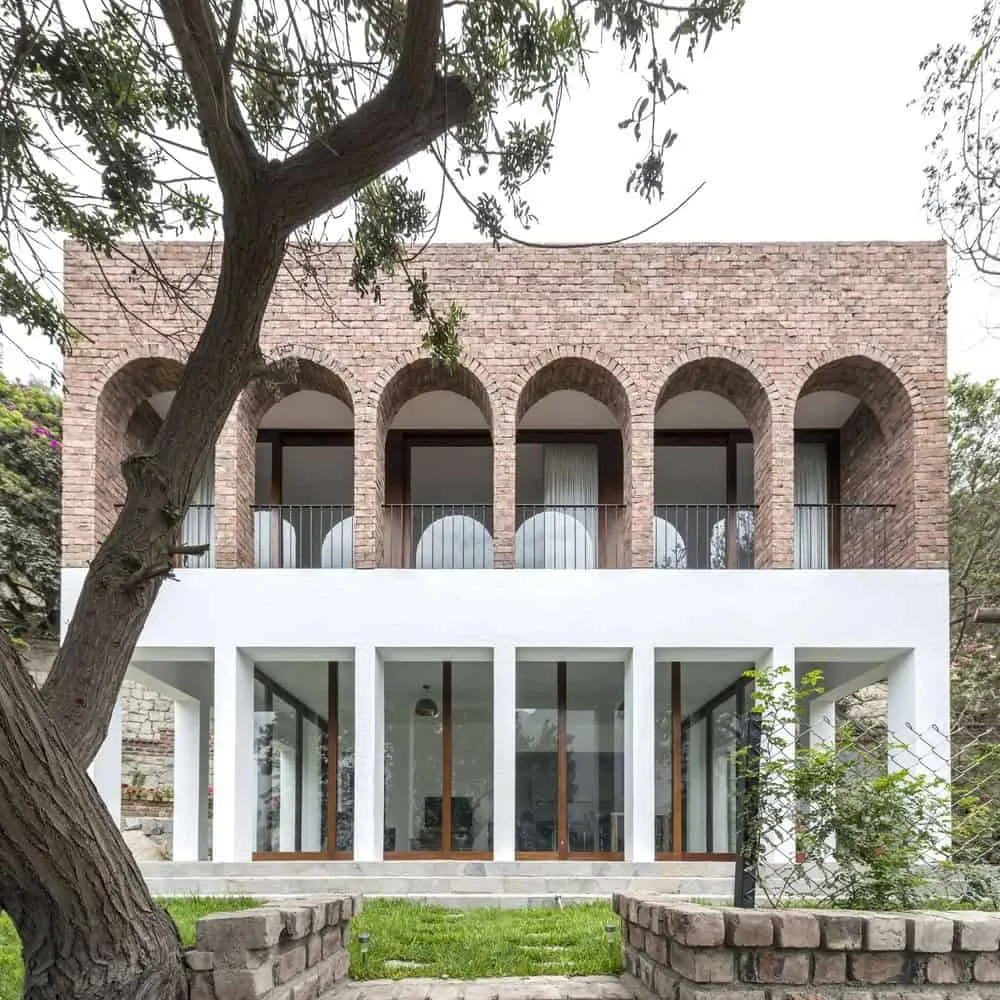 Lava House by Martin Dulanto Sangalli in San Antonio, Peru
Lava House by Martin Dulanto Sangalli in San Antonio, Peru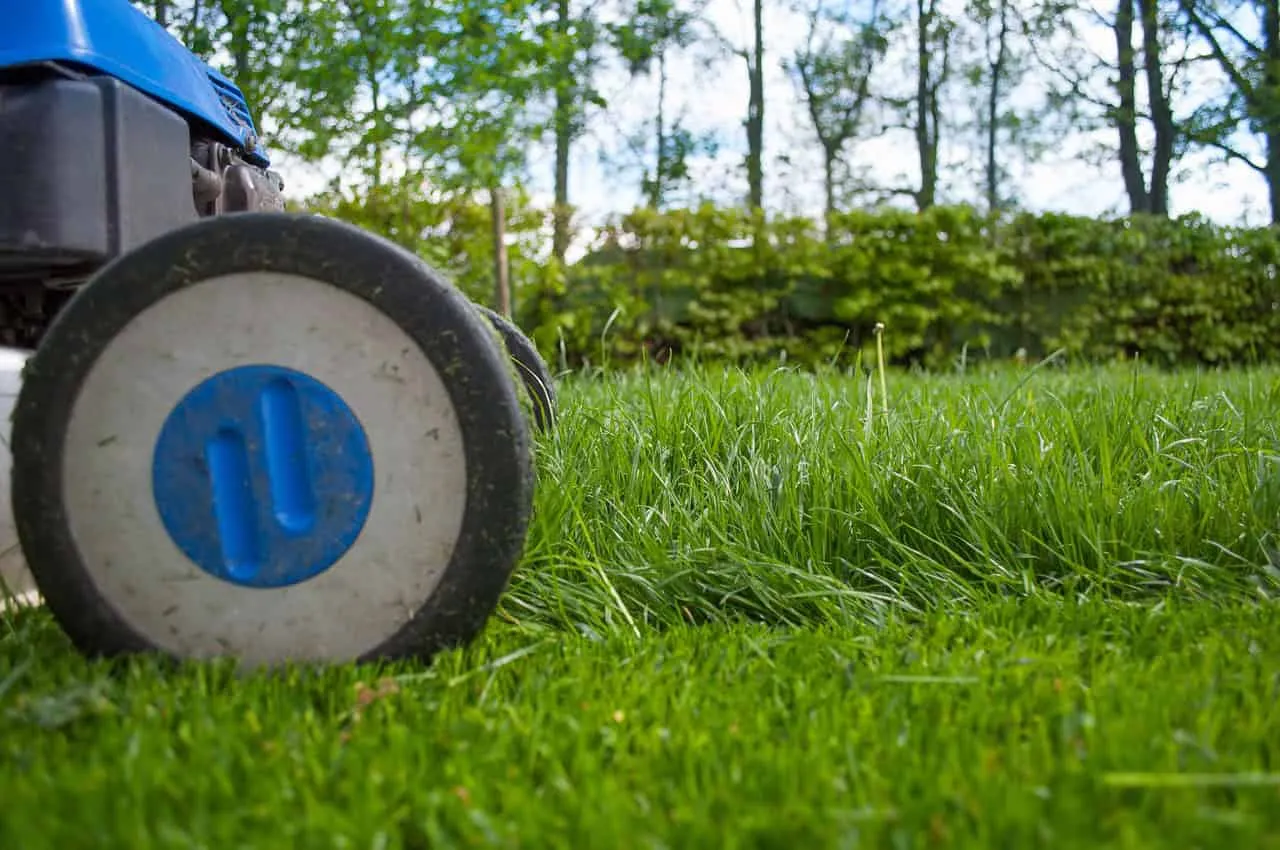 Common Mistakes in Lawn Care You Can Avoid
Common Mistakes in Lawn Care You Can Avoid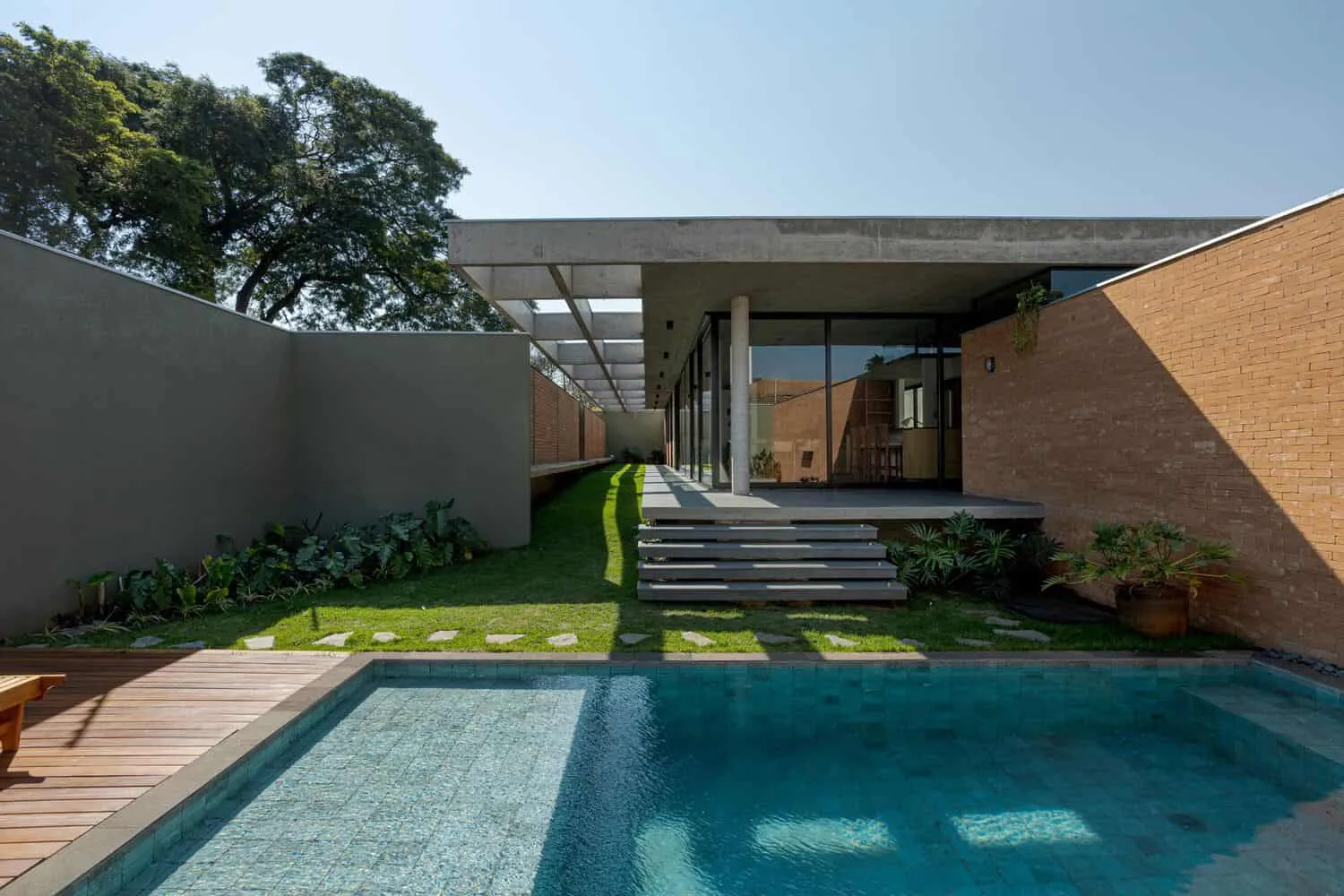 Lazer House by Watanabe Arquitetura: Sustainable Design on a Brazilian Slope
Lazer House by Watanabe Arquitetura: Sustainable Design on a Brazilian Slope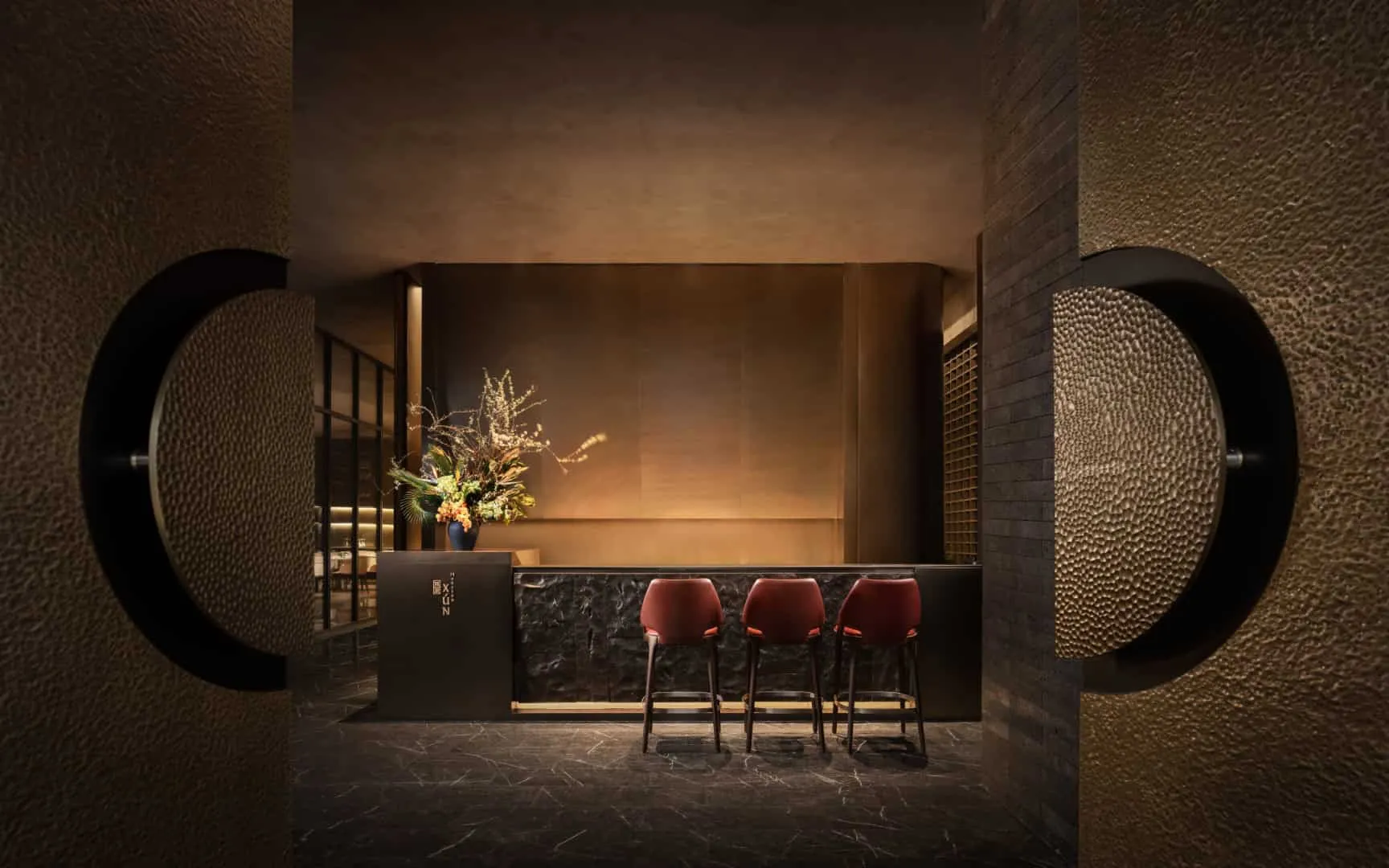 LDH DESIGN | Mansion XÚN - a multidimensional poetic restaurant
LDH DESIGN | Mansion XÚN - a multidimensional poetic restaurant